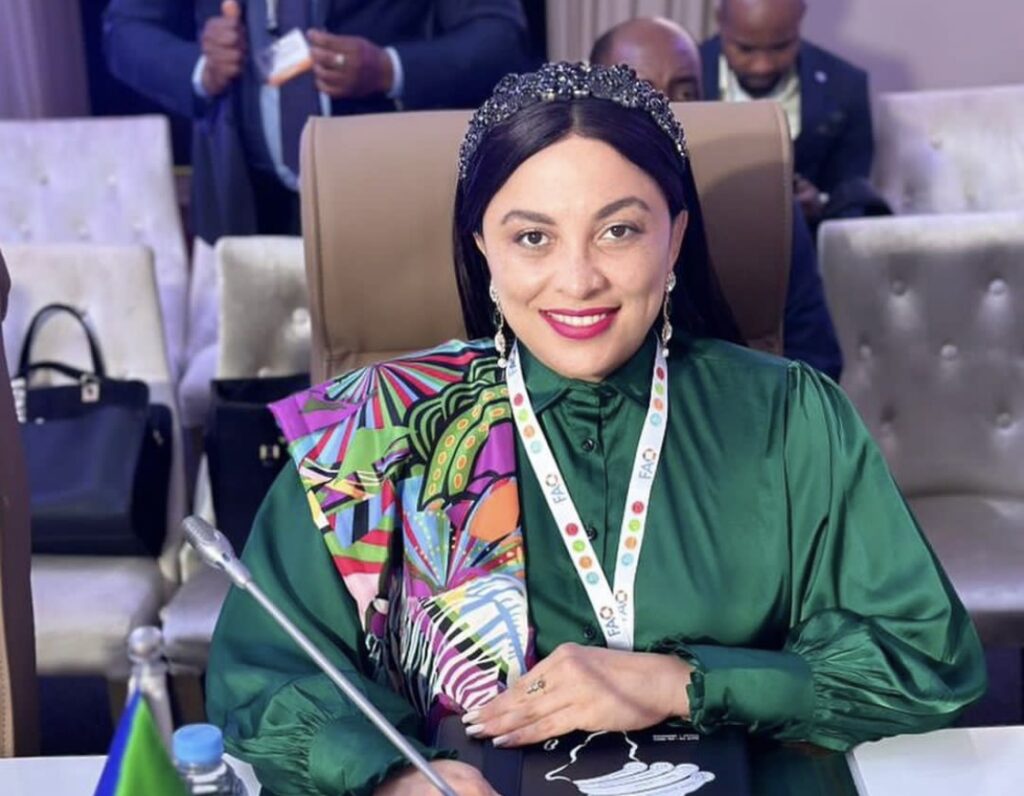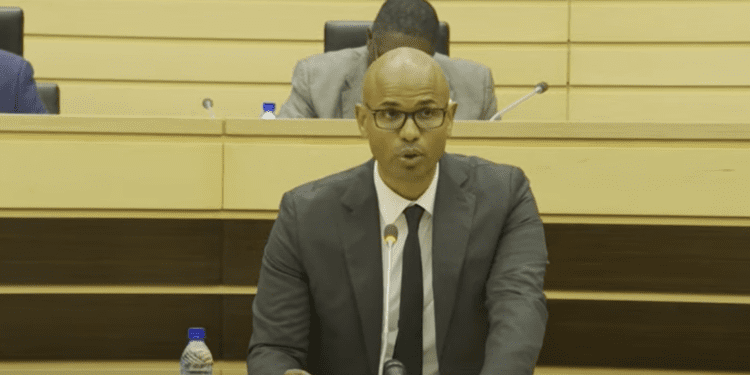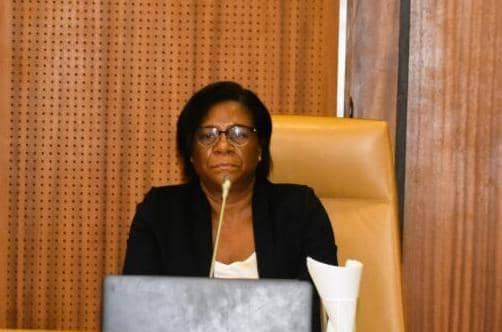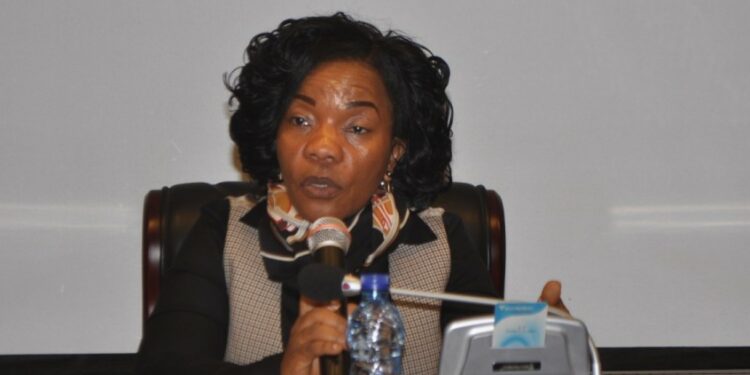Milagrosa Obono Angüe has been appointed as the Governor of Equatorial Guinea to the World Bank, highlighting her leadership in managing financial institutions in the country. Her role as Minister Delegate for Treasury and State Assets has been crucial in strengthening public finances, positioning her as a key leader in implementing strategic economic policies. While, María Ebiaca Moete, Secretary of State for Treasury, Planning, and Economic Development, has been appointed as the new Alternate Governor of Equatorial Guinea to the World Bank.
Equatorial Guinea: towards a professional artistic ecosystem
With a career marked by overseeing reforms and managing state funds, Obono Angüe has driven significant improvements in economic planning and resource management. This experience has established her as a trusted figure within the government, leading to her appointment to represent Equatorial Guinea before a globally impactful institution like the World Bank.
Obono Angüe’s appointment reflects recognition of her ability to manage international relations and strategic projects. In her new role, she will be responsible for ensuring that World Bank initiatives in Equatorial Guinea align with the country’s development goals, contributing to economic growth and social well-being.


Their appointment reaffirms Equatorial Guinea’s commitment to sound economic management and an inclusive growth vision, with these two women serving as key figures in the nation’s relationship with the World Bank.
In related decrees, the current Minister of Finance, Planning, and Economic Development has been appointed as the new Governor of Equatorial Guinea to the International Monetary Fund and the African Development Bank.


And the current National Director of the Bank of Central African States, Genoveva Andeme Obiang, has been appointed as Alternate Governor to the International Monetary Fund.


Their selection underscores the need for leaders with a strong focus on financial management and transparency. Their track record demonstrates their capacity to drive economic reforms and manage public resources, which are crucial for the country’s sustainable development.










